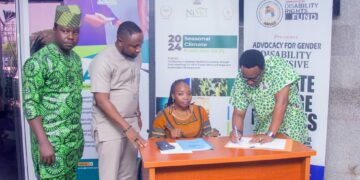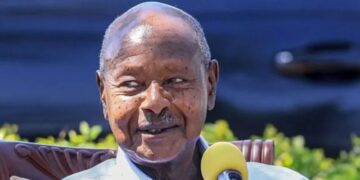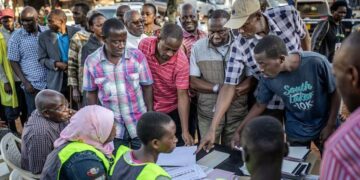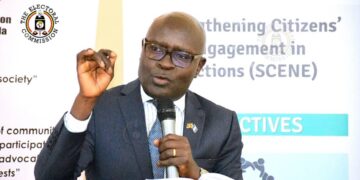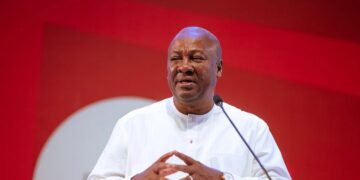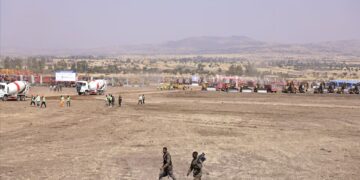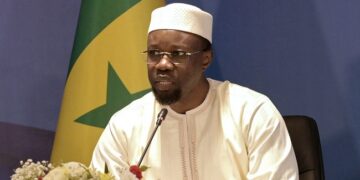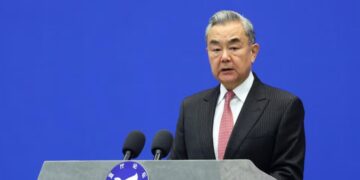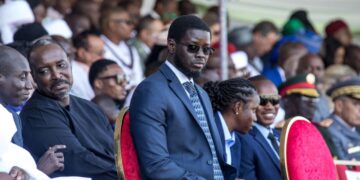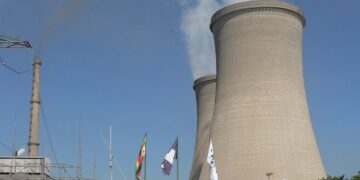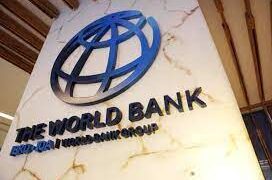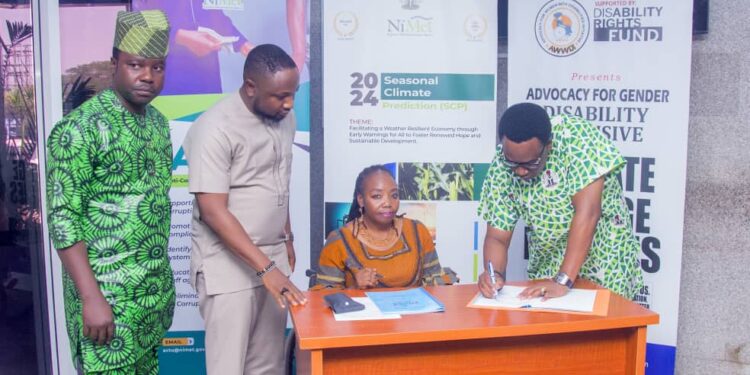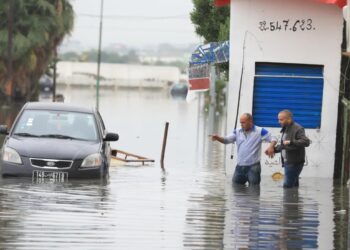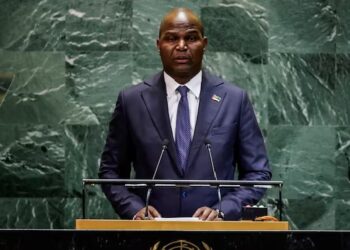Women with disabilities face unique challenges in the face of climate change, from navigating inaccessible emergency services to coping with disrupted mobility, hence the need for weather forecast accessibility, Ere-ebi Agedah Imisi writes
As extreme weather events escalate, it’s essential to prioritize inclusive climate forecasting to ensure the safety and well-being of women with disabilities, from women using well-chairs to women with Albinism, women with disability face double challenges when exposed to effects of climate change.
The unique combination of gender-based discrimination, mobility barriers, and lack of representation in decision-making puts women with disabilities at heightened risk. In many low- and middle-income countries, their exclusion from early warning systems and emergency preparedness plans exposes their vulnerability, leaving them unprepared and uninformed when disasters strike.
Against this backdrop, the Advocacy for Women with Disabilities Initiative (AWWDI) has signed a Memorandum of Understanding (MoU) with the Nigeria Meteorological Agency (NiMet) to address the unique challenges posed by climate change and weather-related events for persons with disabilities (PWDs).
According to a statement from AWWDI, the partnership aims to ensure that PWDs can access critical weather and climate information in formats tailored to their specific needs.
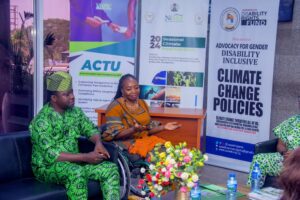
AWWDI explained that this collaboration would involve the creation of inclusive weather reports and climate adaptation strategies. These reports will be made accessible through braille, audio recordings, and sign language, ensuring that PWDs are better prepared for environmental changes and extreme weather conditions.
NiMet, in its commitment to inclusivity, stated that it would work closely with AWWDI to enhance awareness and build the capacity of PWD communities to respond proactively to weather forecasts. The agency emphasized the importance of making climate action inclusive and equipping vulnerable populations with the necessary tools to mitigate risks associated with climate-related disasters.
Program Manager for AWWDI, Kolawole Jayeoba, stated that this partnership represents a critical step toward achieving environmental and social equity for PWDs.
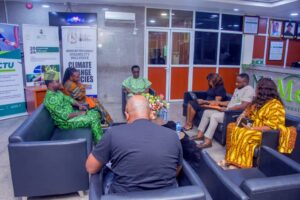
He expressed gratitude to NiMet for its support and collaboration, highlighting the importance of reducing the vulnerabilities faced by disabled communities in times of climate crises.
The Disability Rights Fund (DRF), which backs AWWDI, explained that the initiative aligns with its mission to promote the rights and inclusion of PWDs. The DRF continues to advocate for integrating PWDs into policymaking processes that directly impact their lives.
AWWDI however noted that this agreement marks significant progress in its mission to ensure sustainable and inclusive development, particularly for women with disabilities, across Nigeria.
In conclusion, when disasters strike, every minute counts, for women with disabilities, every moment of warning can be a matter of life and death. That’s why inclusive climate forecasting systems are more than just a technical fix, they’re a lifeline. By prioritizing people-centered solutions, we can break the cycle of vulnerability and give everyone a fighting chance to survive and thrive in the face of climate change.
